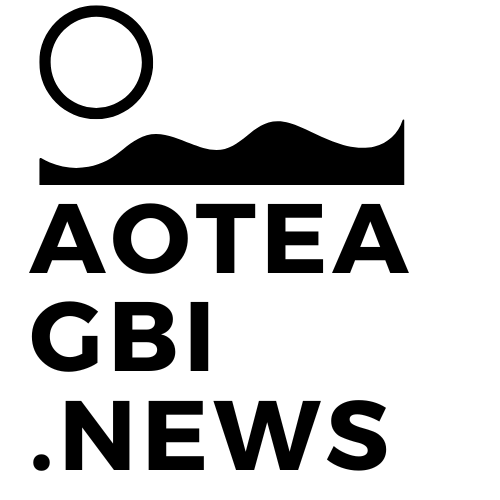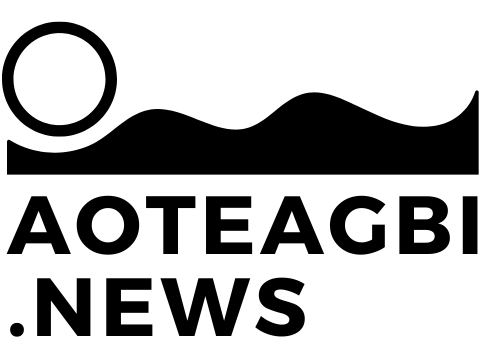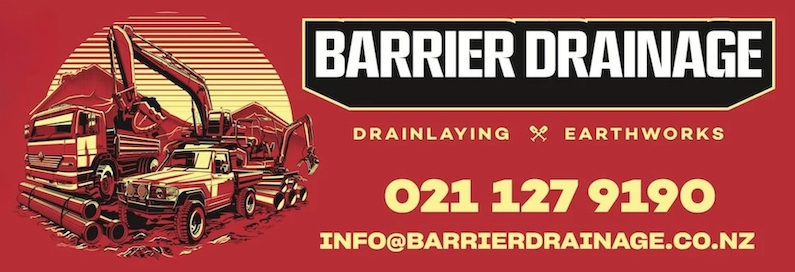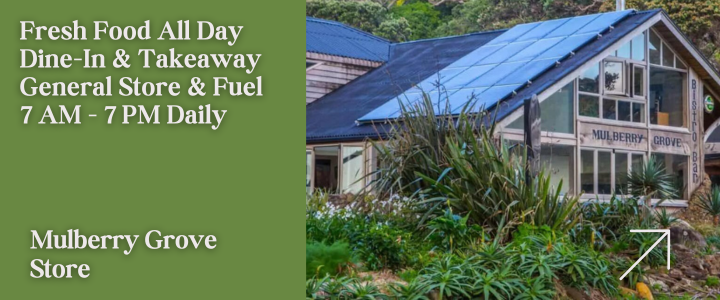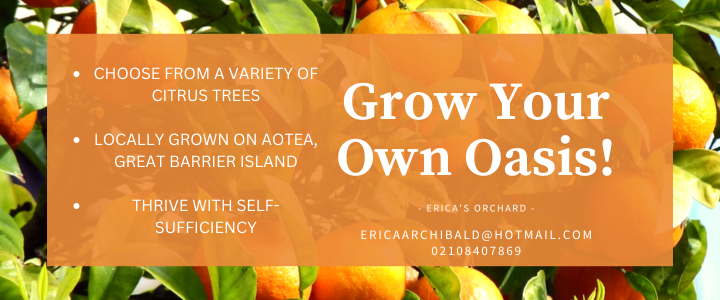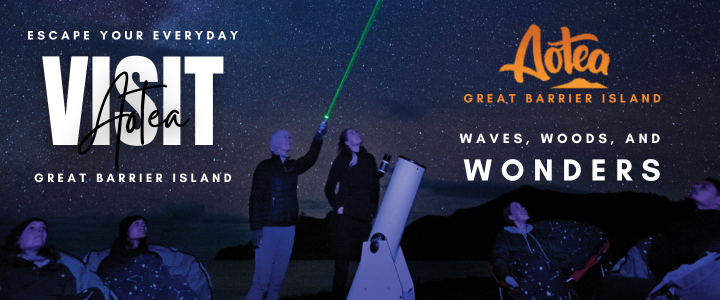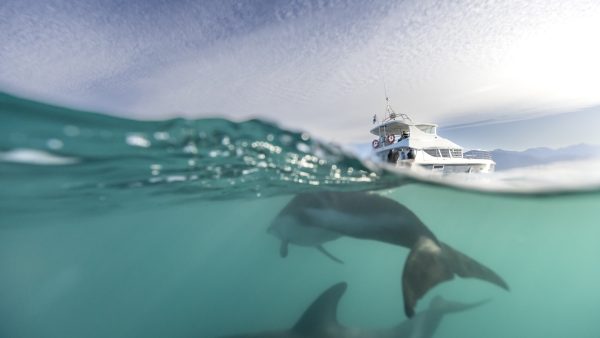In a bid to foster a deeper understanding of addiction and recovery, the Great Barrier Island local board will be hosting a free workshop titled ‘Addiction 101’ on Friday, March 1st, from 9am to 4:30pm at the Claris Conference Centre, 19 Whangaparapara Road.
The workshop, organized by Blueprint for Learning, aims to equip attendees with the knowledge and skills necessary to tackle addiction. With an emphasis on understanding what leads a person into addiction and the strategies that can aid recovery, the workshop promises to be both educational and practical.
“Our experienced facilitators, who bring both professional and personal insights into the complexities of addiction, will be guiding participants through a series of interactive activities designed to make the learning process both effective and engaging,” the group said.
Participants will leave with a comprehensive workbook containing Addiction 101 notes, additional reading material, and a directory for support and assistance. Furthermore, they will gain access to interactive e-learning to reinforce the workshop’s teachings.
The learning outcomes of the workshop are clearly outlined: attendees will learn to use the Te Whare Tapa Whā model to understand addiction and recovery, recognize signs of addiction, relate brain and body responses to addiction, and support people experiencing addiction in a responsive and empathetic manner.
One past attendee commented on the value of the workshop: “Attending the workshop is about gaining an understanding about where the person is coming from, and working alongside them.”
For more information and to secure a spot in this important community event, please visit tinyurl.com/AD101GreatBarrier.
Te Whare Tapa Whā, what is it?
The “Te Whare Tapa Whā” model is a holistic health and wellness model developed by Māori health advocate and psychiatrist Sir Mason Durie in 1984. This model is particularly significant in New Zealand but has gained recognition internationally for its comprehensive approach to health. It’s often used in the context of mental health and social services, especially when working with Māori communities.
“Te Whare Tapa Whā” translates to “The Four Cornerstones (or Sides) of Health” and is based on the symbolism of a wharenui or traditional Māori meeting house. Each corner or side of the house represents a different dimension of health, making the model a metaphor for building a strong, balanced life. The four dimensions are:
Taha Tinana (Physical Health): This cornerstone refers to the physical body and emphasizes the importance of physical health and wellbeing. It includes physical fitness, nutrition, and bodily care.
Taha Hinengaro (Mental Health): This aspect pertains to the mind, encompassing emotional and psychological well-being. It emphasizes the importance of understanding, expressing, and managing emotions and thoughts.
Taha Whānau (Family Health): This dimension recognizes the significance of family and social relationships. It encompasses the support, communication, and connections with both immediate and extended family, as well as the broader community.
Taha Wairua (Spiritual Health): Perhaps the most distinct aspect of the model, this dimension relates to spiritual health. It involves a connection with something bigger than the individual, which might be expressed through religion, nature, or a deeper sense of purpose or belonging in the world.
The Te Whare Tapa Whā model is valued for its holistic approach to health, acknowledging that wellbeing is multi-dimensional and interrelated. It highlights the importance of balance between these dimensions for overall health and wellness. This model is effective in addressing the health needs of Pākehā and Māori by recognizing the interconnected nature of physical, mental, spiritual, and family health.
